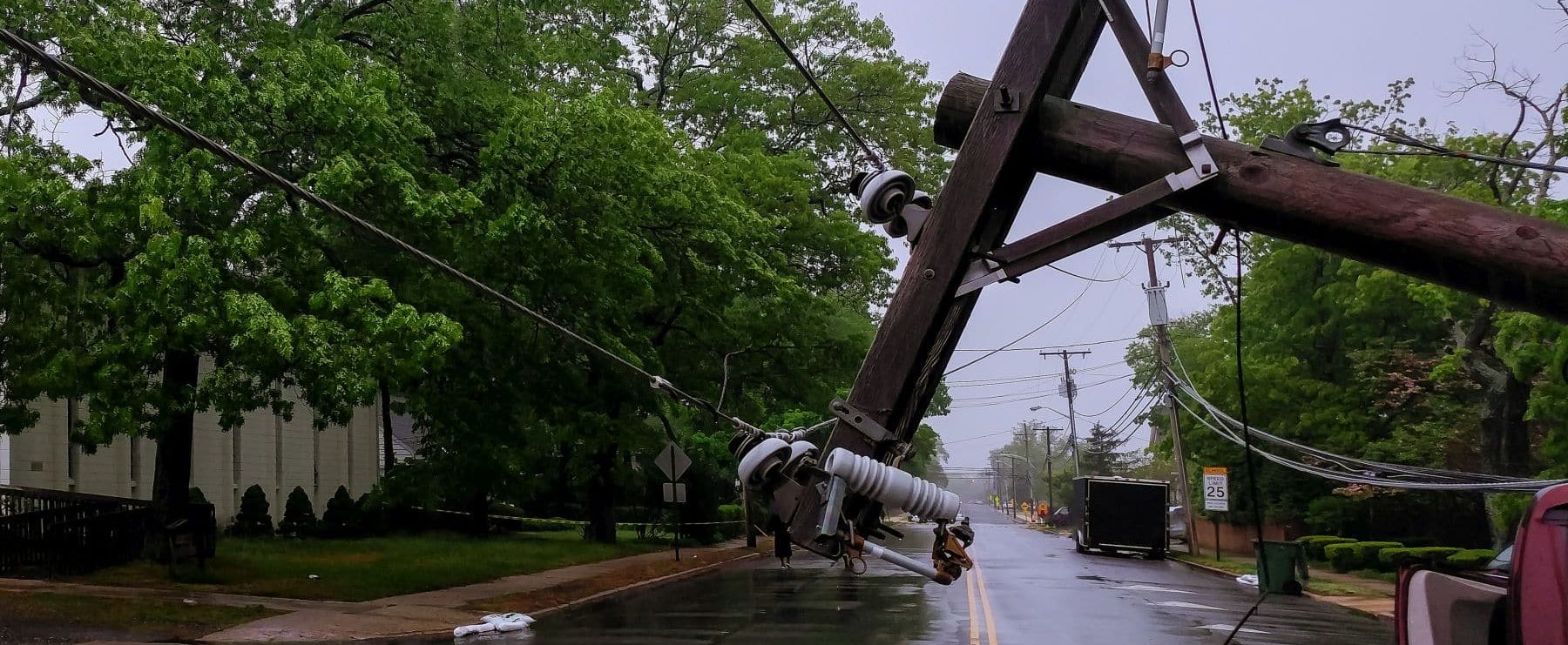The National Risk Profile (NRP) is an ambitious initiative by the Canadian federal government, in collaboration with the provinces, territories and experts, to better understand and manage the disaster risks facing the country. This innovative report, the result of a systematic, fact-based approach, aims to raise public awareness of the most costly hazards facing Canadians: earthquakes, forest fires and floods. This first national strategic risk assessment paves the way for a proactive approach to emergency management and the development of climate change adaptation measures.
Understanding key risks
The NRP was developed in close collaboration with various stakeholders in Canadian society, including federal departments, provinces, territories, municipalities, aboriginal communities, academia, the private, voluntary and non-governmental sectors. Based on the observations and data collected, the report highlights the three main disaster risks facing the country: earthquakes, forest fires and floods. It presents representative scenarios for each hazard, assessed by stakeholders, to better understand potential impacts and current emergency management capabilities.
Major findings
The report’s key findings highlight the scale of the challenges facing Canada and underscore the need for a coordinated approach to disaster risk reduction:
- Earthquakes: Although the majority of earthquakes in Canada are minor, a major earthquake could result in considerable economic losses. The report highlights gaps in monitoring, early warning and the integration of indigenous knowledge into earthquake management.
- Forest fires: The effects of climate change have led to longer and more intense fire seasons, resulting in significant economic losses. The report highlights the need to improve public awareness and wildfire response capacity, as well as the importance of incorporating indigenous knowledge.
- Flooding : Flooding is Canada’s most costly and frequent hazard, exacerbated by climate change. The report stresses the need for improved coordination between governments and greater public awareness of flood risks.
- Pandemic perspective: The report also addresses the impact of the COVID-19 pandemic on emergency management, highlighting social inequities and the challenges of coordination during a health crisis.
Into the future
While the NRP does not provide strategic policy solutions or funding, it does provide an essential database to raise national awareness of disaster risk and inform future decisions. The report will serve as a benchmark for improving emergency management capabilities, with an emphasis on coordination, recovery and disaster resilience. In addition, it paves the way for future expansion to include other risks such as acts of terrorism or cyber attacks.
Ultimately, the National Risk Profile demonstrates Canada’s commitment to strengthening its preparedness and ability to cope with disasters, by drawing on the knowledge and expertise of various players across the country. It’s an important step towards proactive disaster risk management, and a step towards a more resilient society better prepared for the challenges ahead.
